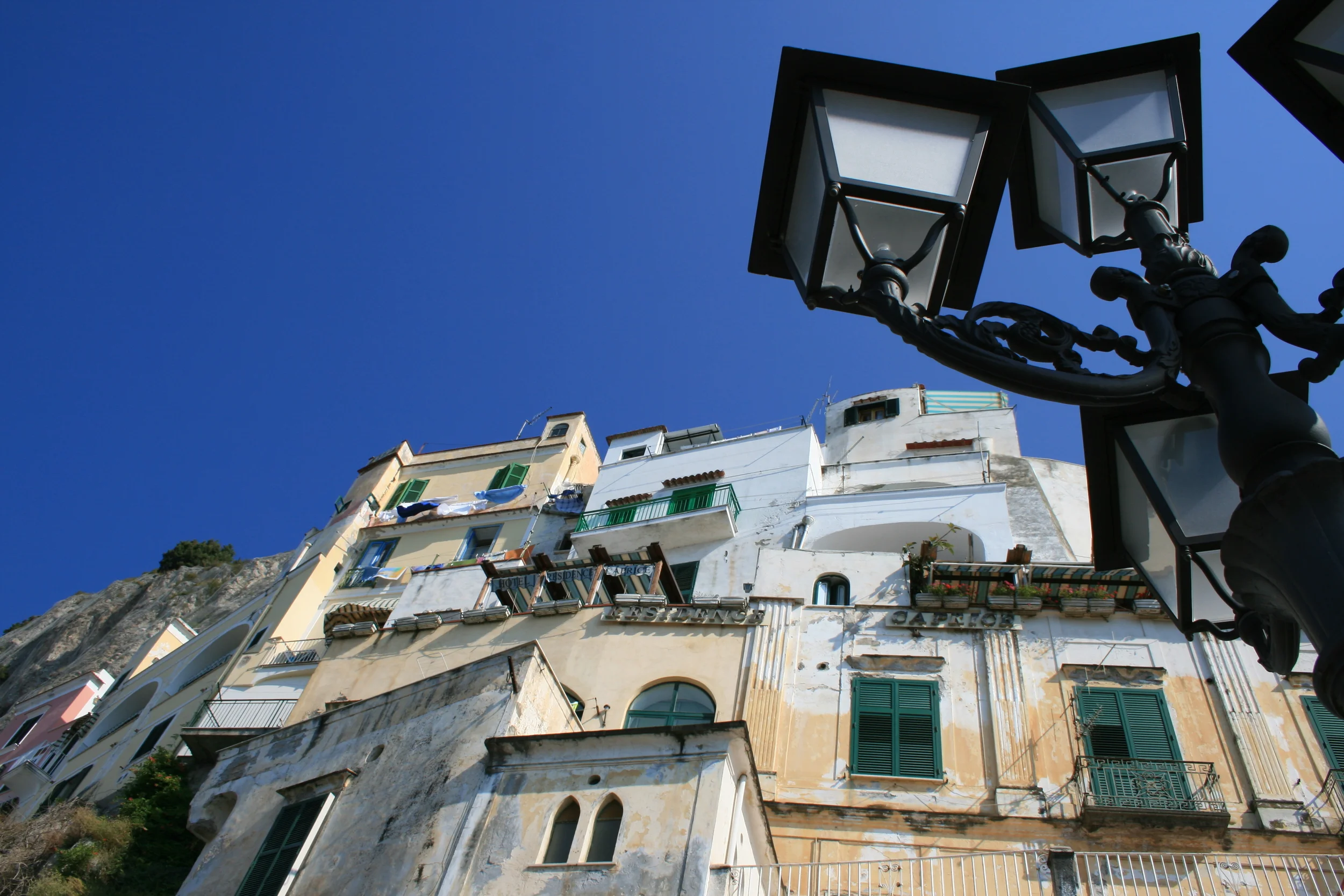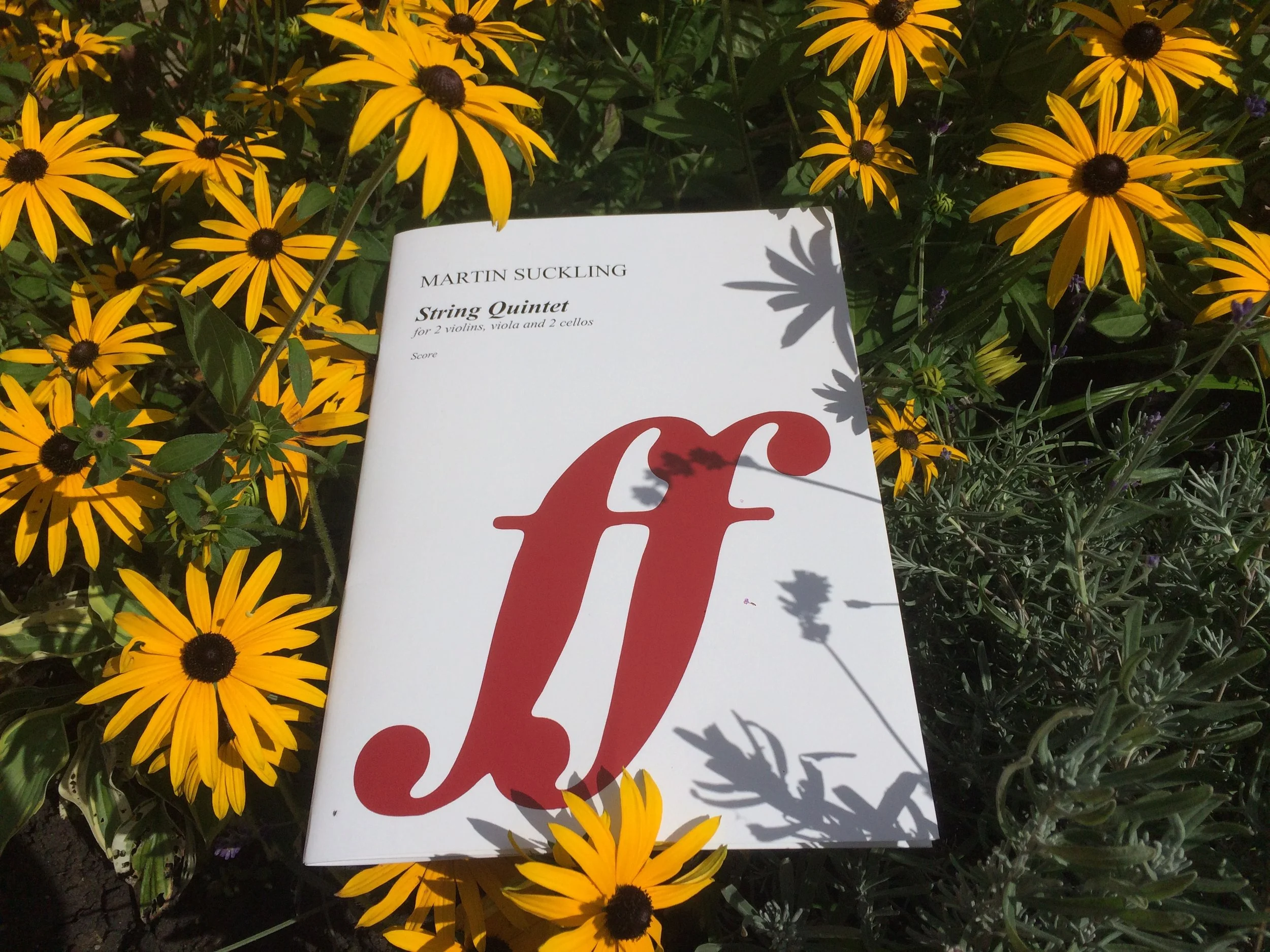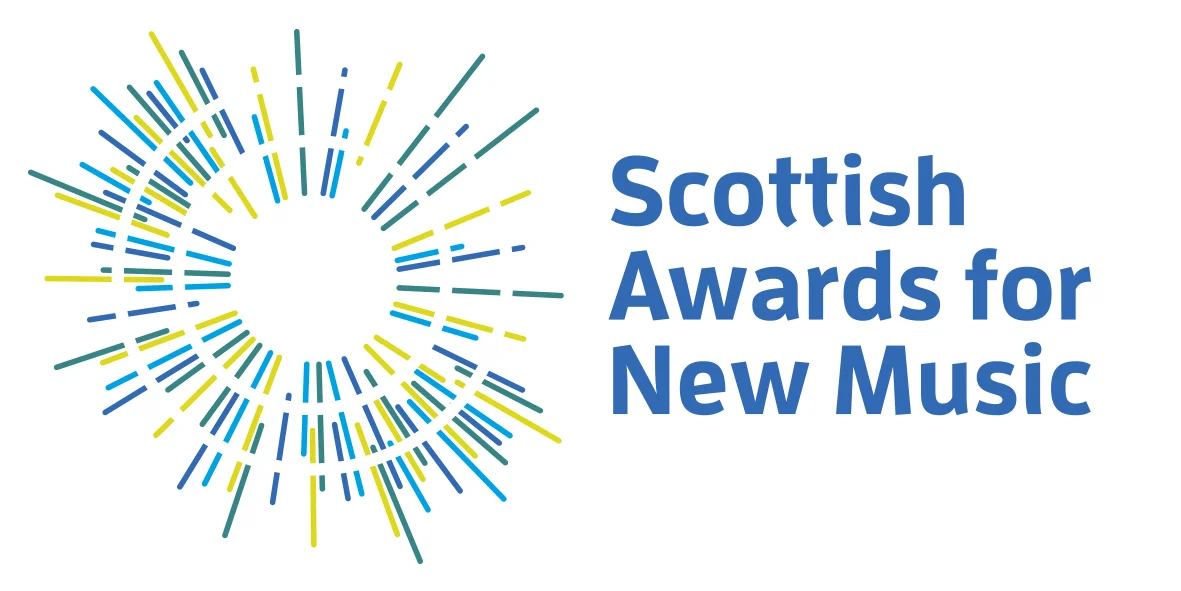Online ceremonies are a bit odd, but nevertheless I’m delighted that The Tuning was chosen to receive The Dorico Award for Small / Medium Scale Work sponsored by Steinberg (1-10 performers) at last week’s Scottish Awards for New Music 2020. Huge thanks to Oxford Lieder Festival for commissioning the work, and Marta Fontanals-Simmons and Christopher Glynn for their fantastic performances.
I’m delighted that The Tuning has been shortlisted in the Scottish Awards for New Music 2020 – in the economically-named “The Dorico Award for Small / Medium Scale New Work (1 - 10 performers) sponsored by Steinberg” category.
I spent two very happy (and cold, and wet) weeks in Manchester and Glasgow in February recording a load of orchestral music with some amazing musicians. Ilan Volkov conducts, the BBC Phil perform This Departing Landscape; Katherine Bryan is the flute soloist with the BBC SSO in The White Road and Tamara Stefanovich is the soloist in my Piano Concerto (again with the BBC SSO). Matthew Bennett the excellent producer. To be released on NMC later this year.
Back in June I was invited to speak about Radulescu’s fantastic solo viola piece Das Andere alongside violist Garth Knox at the Spectralisms conference in IRCAM. Everything was filmed, including (alas) all my reiterations of “Ehm, ehm, [muttermuttermutter] ehhhhm” (etc.) But Garth’s performance (at 32’ in) is well worth a listen, and Radulescu’s music should be much better known than it is. You can watch it at this link, or explore all the other conference sessions at this here: Spectralisms2019
The SCO and I have put together a resource pack exploring the background to my piece for orchestra and electronics, Meditation (after Donne), which you can access here. For this I spent a happy day layering lots and lots of microtonal violin lines to make an abridged version version of the piece for 20 x me + electronics. You can listen here. (Warning: it starts with the sound of 82 bells striking in very fast succession. This is loud!)
Dark Inventions have released their new disc 'From Score to Sound,' which includes my Visiones (after Goya) – available from Amazon and streaming on Spotify.
Poet in the City have uploaded their Memento event recorded at King's Place in January, which featured the first performance of my String Quintet: Emily's Electrical Absence, performed by soloists from the Aurora Orchestra alongside new poetry by Frances Leviston. You can watch this on Youtube or by scrolling down to the audio section below. . .
Mark Stone's mesmerising performance of Candlebird with the Aurora Orchestra under Nicholas Collon at King's Place was recorded for BBC Radio 3 in Concert and will be broadcast on Monday 16th April at 7.30pm. The concert, titled 'Sparks and Flickers' also features Mozart's rarely heard Piano Concerto no. 16 in D major, and a thrilling rendition of Beethoven's Fourth Symphony.
https://www.bbc.co.uk/programmes/b09z5x3b
I'm delighted that my flute concerto, The White Road, has been shortlisted for the 2018 Scottish Awards for New Music in the catchily-named 'Large Scale Work (11+ performers) sponsored by PRS for Music' category. Props to the very very wonderful Katherine Bryan who asked me to write it 20 years ago, and the RSNO who commissioned it!
It's great to be part of the Time Unwrapped festival at King's Place, and I'm really looking forward to the premiere of my quintet, Emily's Electrical Absence, with poetry by Frances Leviston next weekend.
Incidentally I think it may actually be the first time that both my brother and I have been in the same brochure (p.8 and p.22). Good to have a theme that covers Bach and new music!
"No man is an island, entire of itself . . . any man's death diminishes me, because I am involved in mankind, and therefore never send to know for whom the bell tolls; it tolls for thee." (John Donne, Meditation XVII)
As part of the Armistice Centenary commemorations, I'm working with the Scottish Chamber Orchestra to create a new piece, Meditation (after Donne), which takes as its inspiration the massed ringing of bells as Armistice was declared. It's going to be a simple song for orchestra, with performers and audience surrounded by a constantly evolving tapestry of tolling bells created by live electronics.
We want to involve as many members of the public as possible in this piece, so we're extending an open invitation to people from across Scotland and beyond to send in recordings of their local bells to be included in the electronics part. You don't need any fancy equipment – even a recording from your phone would be welcome!
For more information, and to submit your bell recordings, please visit the project's dedicated website, ArmisticeBells.com.
Memory is the subject of this year’s BBC Radio 3 / Wellcome Collection mini festival, “Why Music?”. I recall as a young violinist that music seemed to embed itself in my fingers so that I never needed to learn to memorise, and never worried that I might forget in performance. Fast-forward a couple of decades (ok maybe a few decades) and I’m looping the first four bars of one of Kurtág’s Signs Games and Messages, desperately trying to alight on the correct continuation in the second phrase and wondering how many times I can get away with the repetition before anyone notices.
Since the start of the year, I have been working alongside the poet Frances Leviston to create a new piece combining words and music responding to the fascinating ideas coming out of the Horizon2020-funded PETMEM project. The first fruits of this will be performed on 15th October at the Wellcome Collection as part of their Why Music? festival, and broadcast live on BBC Radio 3. The piece features harmonics and microtones and glissandi, partly because I like those things, and partly because they offer interesting ways to respond to some of the concepts at play in the PETMEM project. Memories and material under pressure and changing states of conductivity. Schubert is loitering in the background (and sometimes in the foreground).
I'm thrilled that my Piano Concerto, written for the SCO and Tom Poster, has been shortlisted in the Large Scale Work category of the Scottish Awards for New Music.
Last week I was in Glasgow and had a lovely conversation about my new flute concerto with Katherine Bryan and journalist Kate Molleson. You can read the interview by clicking here.
I'm delighted that Candlebird has been chosen as part of the PRS Foundation's Resonate programme – a partnership with the Association of British Orchestras and BBC Radio 3, which champions outstanding pieces of British orchestral music from the past 25 years and aims to inspire more performances, recordings and broadcasts of these works. This scheme will support a number of performances of Candlebird by my good friends the Aurora Orchestra in their 2017-18 season.
The lovely people at Faber Music keep a vast library of online perusal scores here. My new piano concerto - which was premiered at the beginning of October by Tom Poster with the SCO conducted by Thierry Fischer - is now available.
Last February I had a fantastic time with SCO Connect and Fife schoolchildren on a creative project based on Candlebird, my settings of poetry by Don Paterson. A film crew followed us around and they've made a neat little 8 minute edit of four or so days of improvisation, composition and performance. Take a look here.
Rehearsals for the new Piano Concerto begin next week, and I've written some words for the SCO website that they've labelled "Martin's Musings". I'm currently musing on how much longer I'm allowed to use that photo for - I think it was taken 13 years ago now. Eep.
The SCO has announced that Robin Ticciati will be unable to conduct the premiere of my piano concerto as he continues to recover from injury. Of course this is sad news - not least because Robin had requested this piece especially for him and Tom. But it is wonderful that Thierry Fischer has agreed to take on the concert at such short notice. As I may have said before: I can't wait!
Ever since I wrote it last year, I've been meaning to transcribe the clarinet part of my trio Visiones (after Goya) for violin. (This may be because I'm a violinist and I don't want the likes of Mark Simpson to be having all the fun.) There are range problems, of course, but after listening many times to Chris Stout's version of Eileen's Lament, in which he tunes the bottom string down to E - and playing in this tuning for a bit myself, I'm convinced it's a good solution. I don't think you can get away with playing particularly loudly on such a slack string, but when played gently it's wonderfully dark and strange. Plus, you get some fun new double stop harmonics possibilities that make a fine stand-in for clarinet multiphonics.
Score and parts available from Faber Music - contact promotion@fabermusic.com
It's been mentioned to me that it's a little odd that there is no audio on this site. I've taken care of this anomaly now, with Candlebird linked via Spotify. I'll add more clips of other works in the coming months as they become available. There are also some exciting recording projects in the pipeline...




















